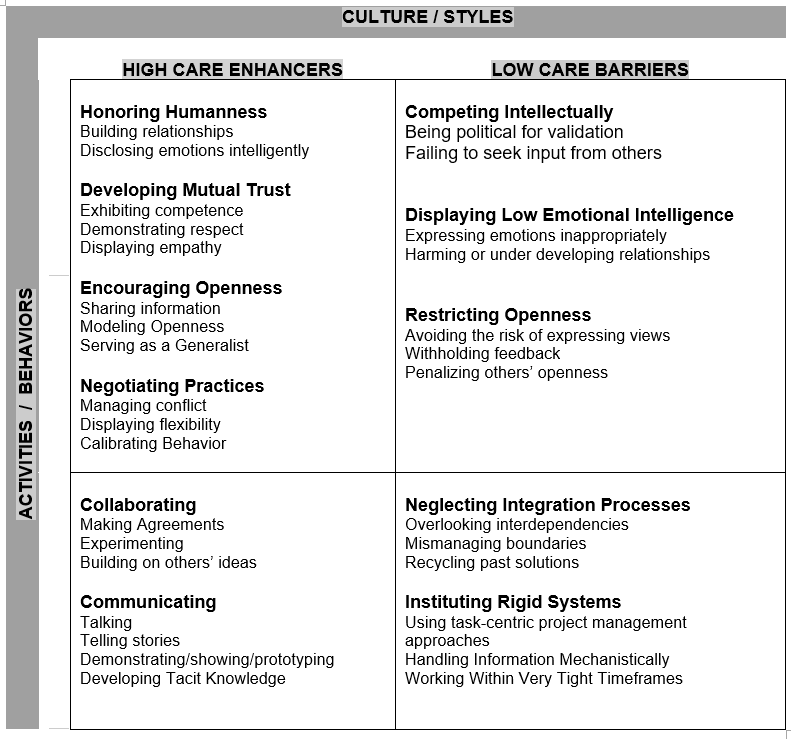A lot of tech companies - Amazon, Google, Meta - are laying off middle managers to "flatten" the organization and decrease bureaucracy and decision making lag time. Which begs the question, "What do middle managers do? And what might be lost when they are gone?"
Speaking as someone who spent my corporate career in "middle management," I can say, definitively, one of the primary things that we do is care for our team and the individuals within it.
We do this caretaking in every conversation and in every meeting we hold. We create the container for people to ask questions, raise concerns, get clarity, and feel belonging.
So it probably should not be a surprise that middle managers are currently seen as superfluous, given the feminization of "caretaking."
But here's the thing: In times of perpetual upheaval - like right now and for the foreseeable future - the only thing which we can control is how much and how quickly we learn and then how we adapt and navigate by applying that learning.
And guess what is the most important prerequisite to organizational learning? An environment of CARE.
Low care? Less learning. Less learning? Decreased ability to navigate, adapt and innovate.
The soft stuff is the hard stuff.
Intangibles enable tangible outcomes.
This 2x2 is from my dissertation published more than 20 years ago and it still applies today. Learning is social and attending to relationships and cultures of care is the key to unlocking this critical capability in organizations.
Leave a comment and share your experiences with high and low care cultures at work and the difference either made in your engagement, morale, and contributions.





There was a great article in the New York Times last week about middle managers. It echoes a lot of what you're saying here! https://www.nytimes.com/2024/04/11/opinion/middle-managers-business-society.html?unlocked_article_code=1.c04.DIvg.wfWFksS6dUkM&smid=url-share